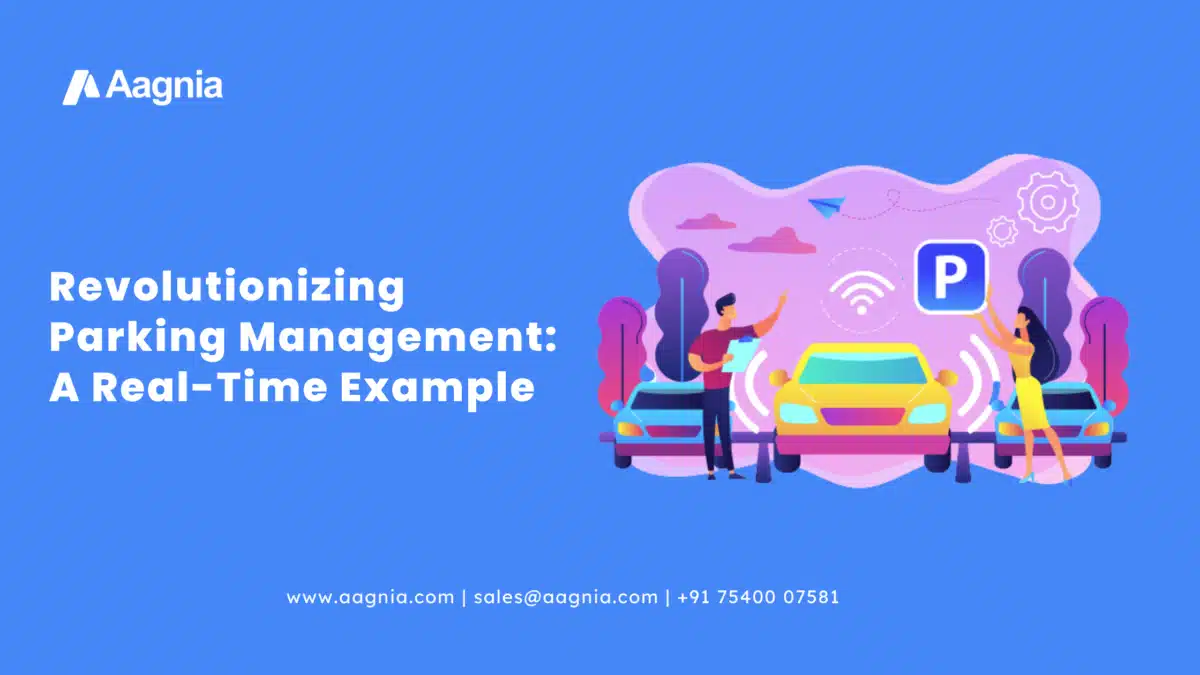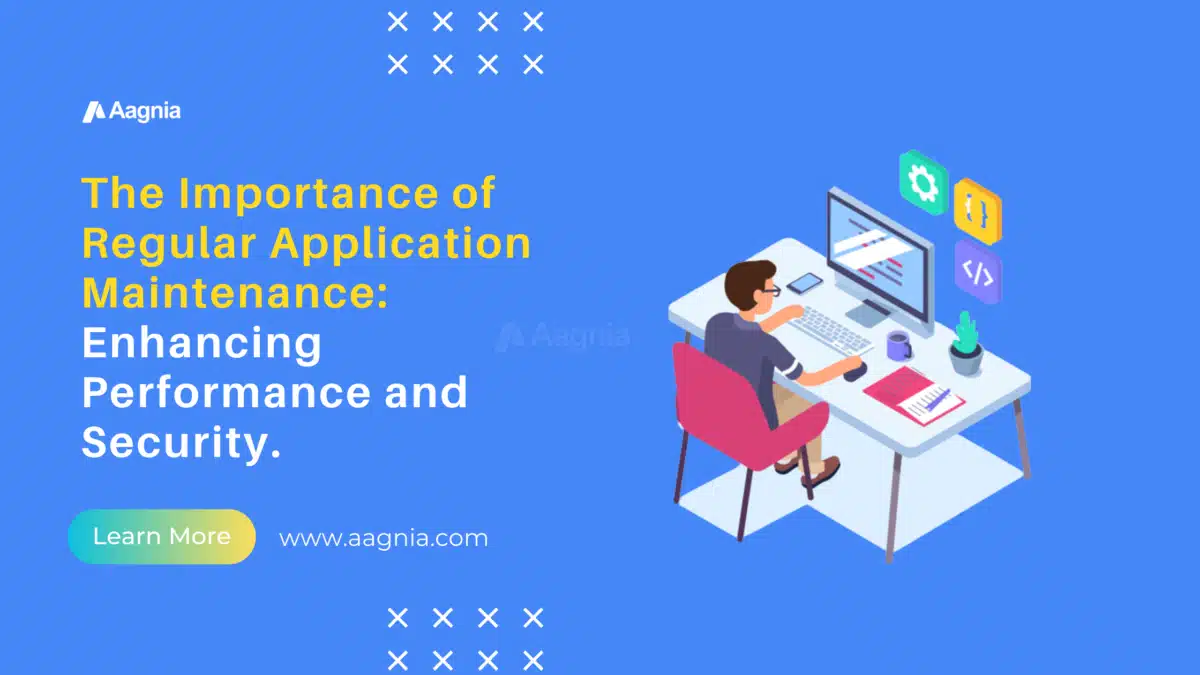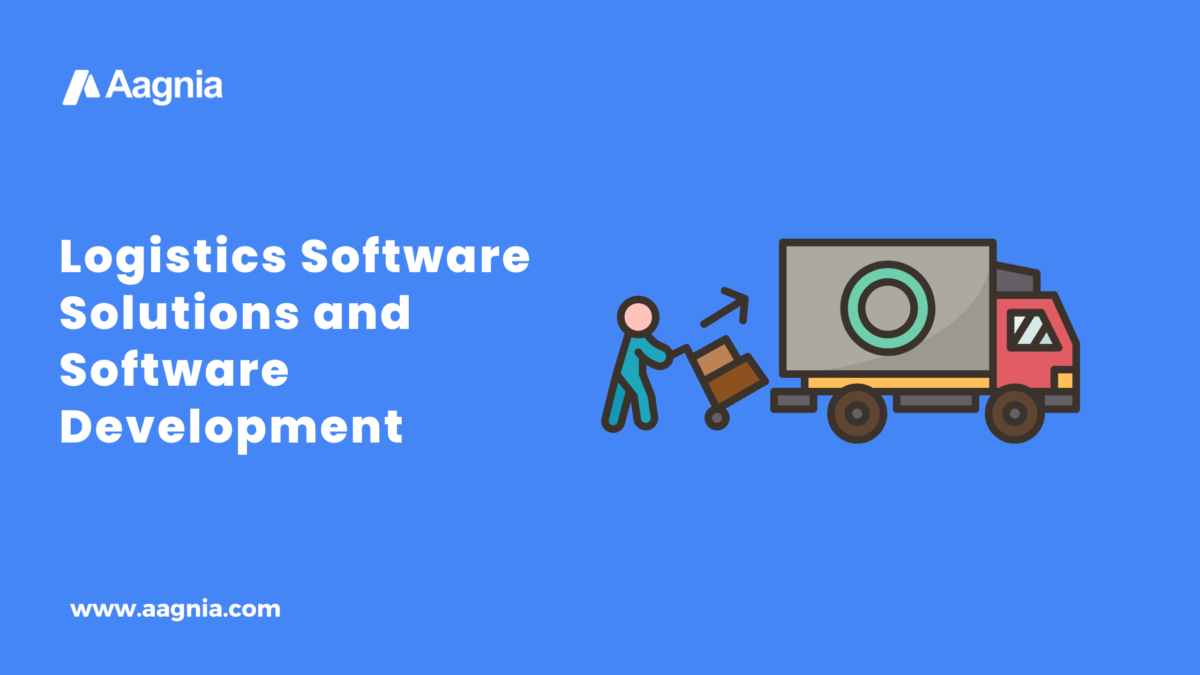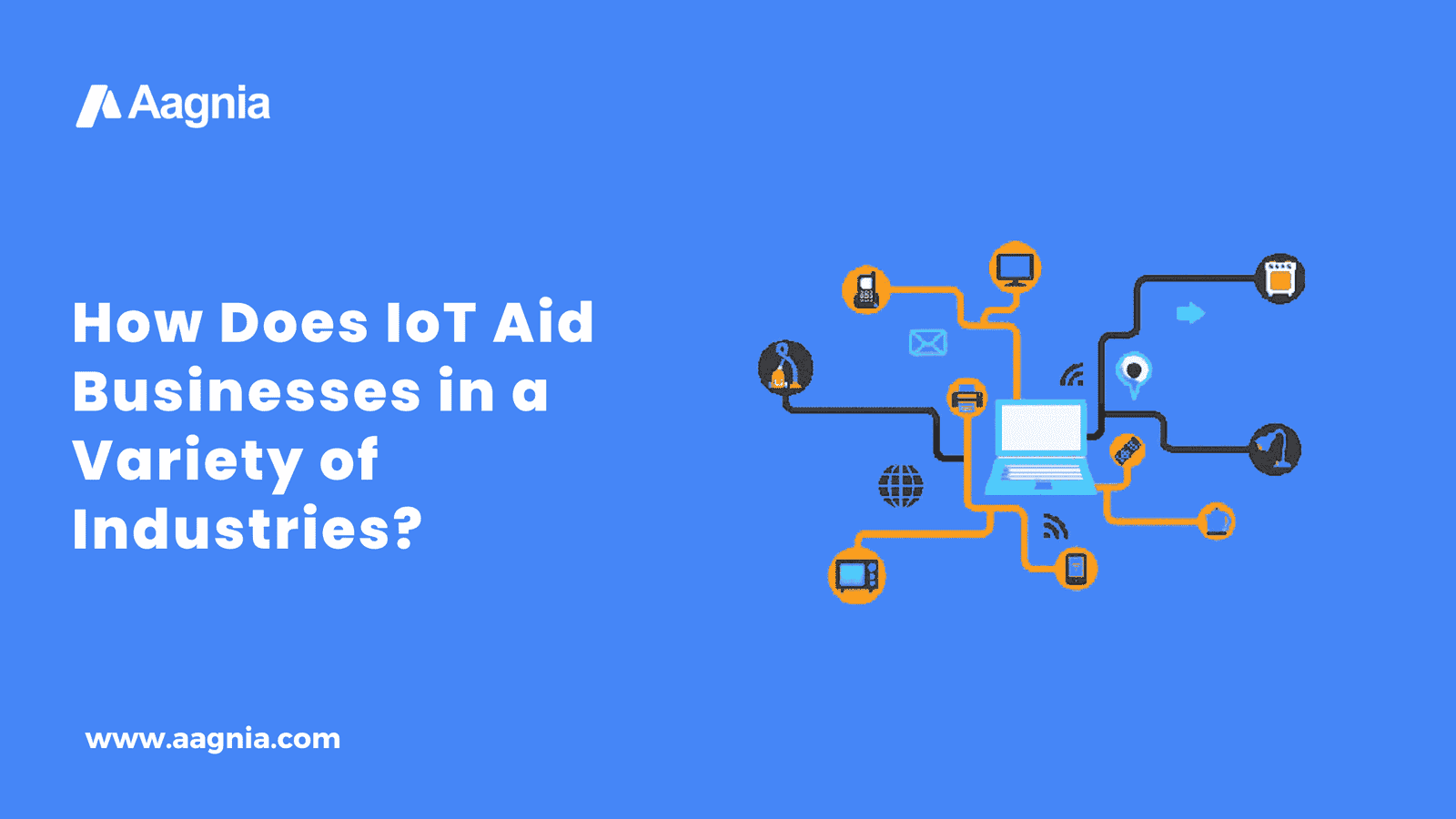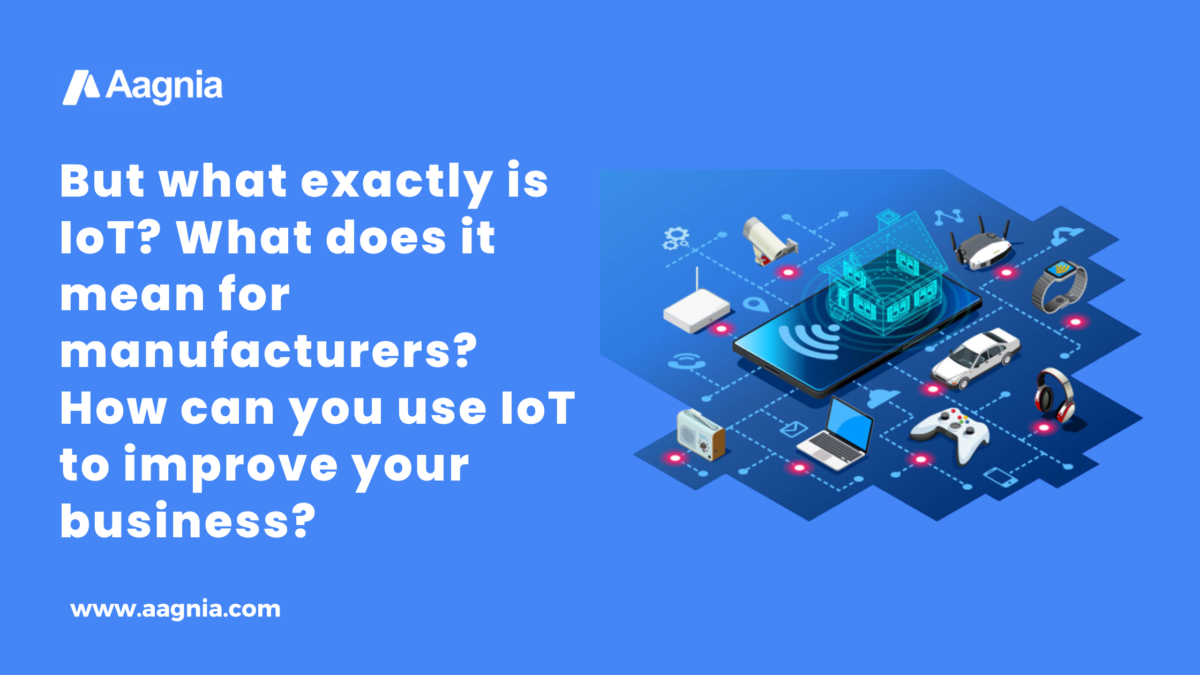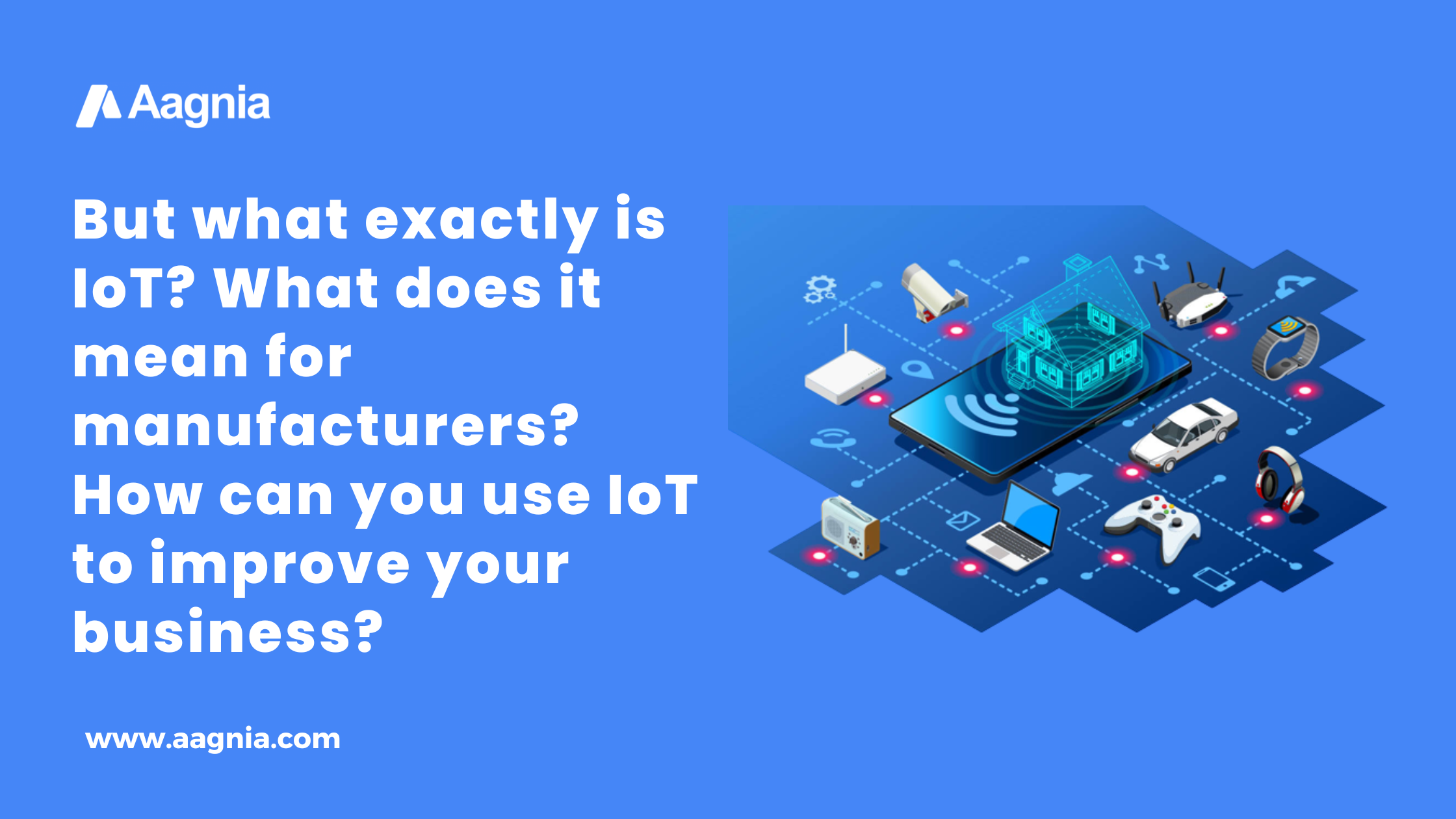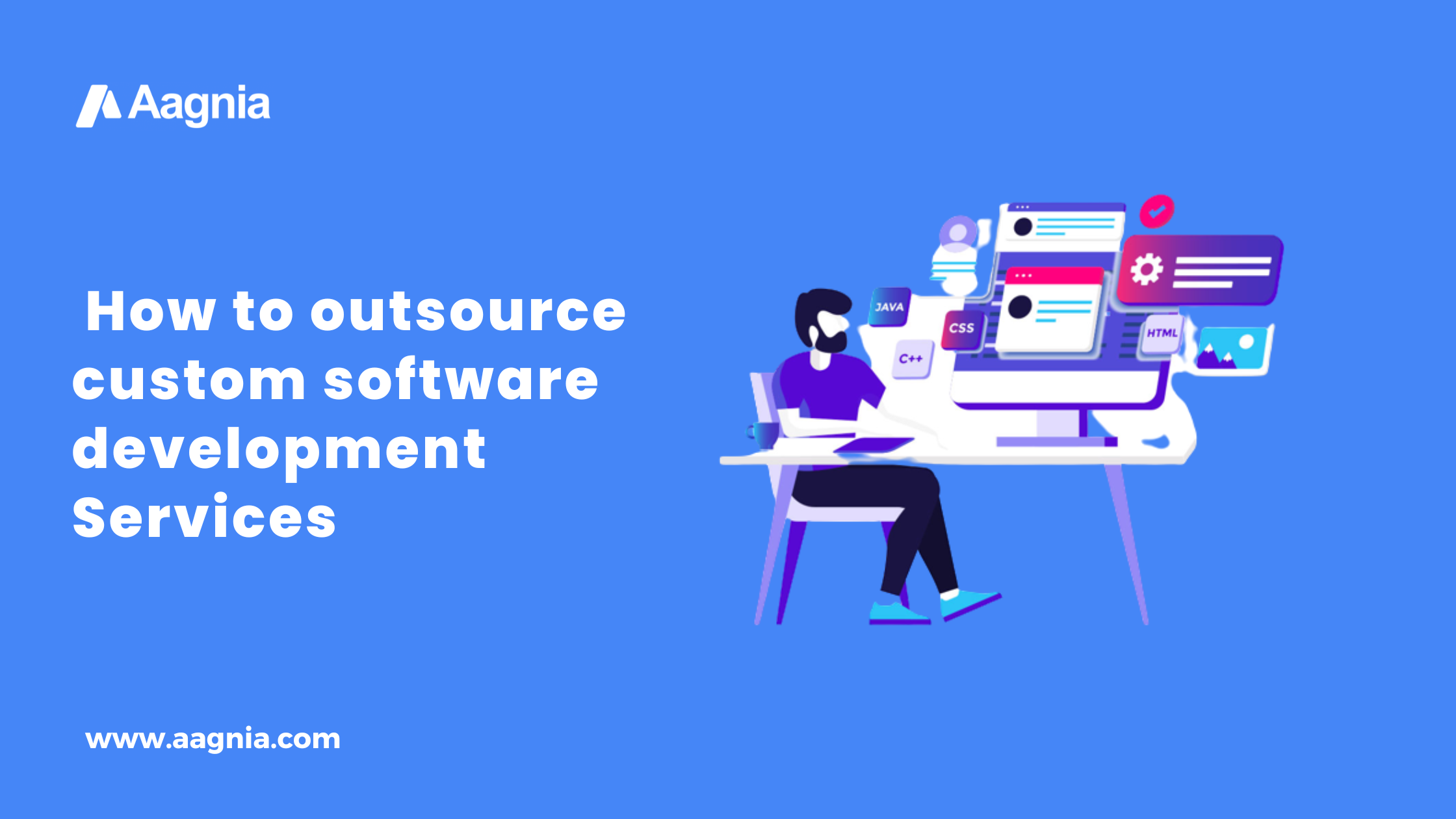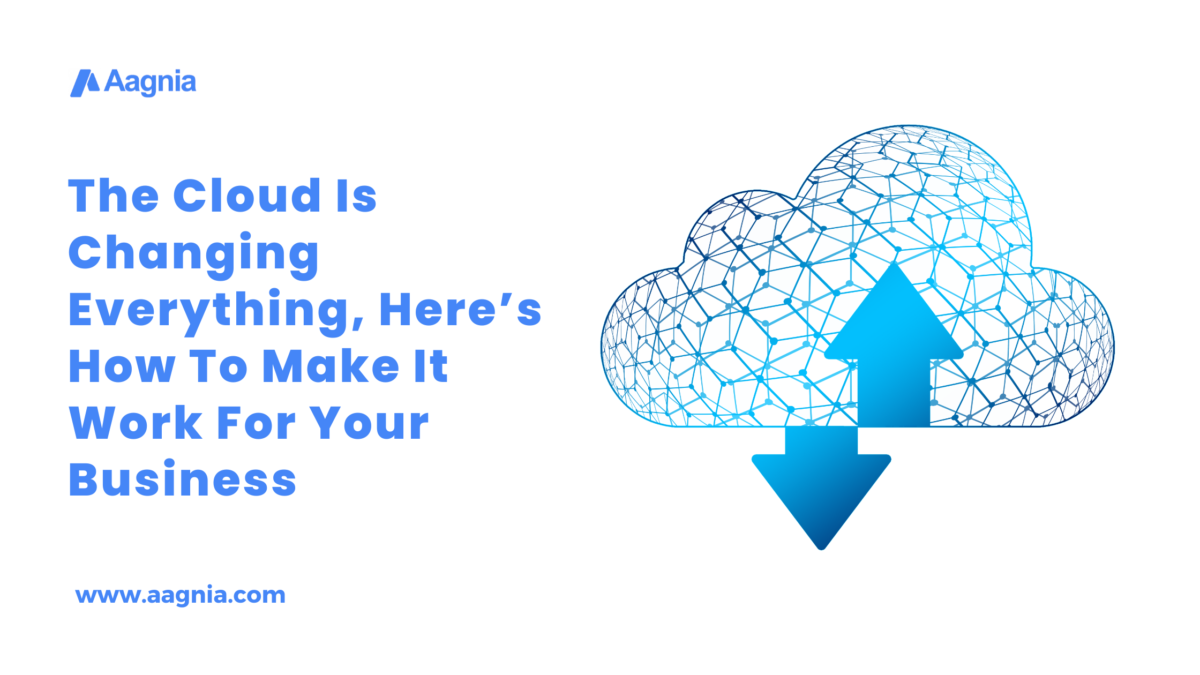
Revolutionizing Parking Management A Real-Time Example
In today’s fast-paced world, efficient parking management systems are crucial for ensuring smooth operations, enhancing security, and providing convenience to users. Traditional ticket-based parking systems often lack the necessary features to meet the evolving needs of modern parking facilities. However, a new generation of parking management systems has emerged, offering advanced capabilities and seamless integration with digital technologies. In this blog post, we will explore a real-time example of a cutting-edge parking management system that incorporates various innovative features.
Introducing the Touch-Free Parking Management System:
Imagine a state-of-the-art parking facility equipped with a touch-free parking management system that utilizes advanced technologies to streamline operations, enhance security, and provide a seamless user experience. This system goes beyond the limitations of ticket-based parking systems and offers a wide range of features to cater to the needs of both parking lot owners and users.
Real-Time Vehicle Recognition:
At the heart of this parking management system is a sophisticated vehicle recognition technology that captures the license plates of entering vehicles in real-time. Unlike traditional ticket-based systems, this technology eliminates the need for physical tickets and captures essential information such as vehicle photos and registration numbers. This real-time data collection ensures accurate tracking and provides enhanced security measures.
App-Based Exit Lock Facility:
To prevent vehicle theft and enhance security, the touch-free parking management system incorporates an app-based exit lock facility. Users can securely lock their vehicles using their smartphones, ensuring that only authorized individuals can access their vehicles. This feature offers peace of mind to vehicle owners and eliminates the need for physical keys or access cards.
Black List Facility for Compliance:
In line with government guidelines and parking policies, the parking management system includes a black list facility. This feature enables the enforcement of rules and regulations, preventing unauthorized vehicles from entering the premises. By maintaining a high level of compliance, the system ensures the safety and security of the parking facility and its users.
Transparent Fee Structure:
Transparency in parking fee calculation is essential to build trust and provide a fair experience for users. The touch-free parking management system offers a high level of transparency by clearly marking parking fees for different categories of vehicles, including residents, staff, shoppers, and business visitors. This clear fee structure ensures that users are aware of the charges and helps eliminate any ambiguity or confusion.
Seamless Entry/Exit for Whitelisted Vehicles:
For vehicles that are frequently accessing the parking facility, such as staff members or pass holders, the system provides seamless entry and exit processes. Once a vehicle is whitelisted, it can enter and exit the parking area without any special procedures or additional verifications. This feature saves time and enhances the convenience for authorized individuals, reducing any potential bottlenecks during peak hours.
Effortless Management and Control:
The touch-free parking management system offers remote and centralized control, allowing parking lot owners or managers to monitor and manage the entire car park system from a single location. This centralized control provides real-time insights into occupancy, revenue, and other vital metrics, enabling efficient decision-making and optimizing the parking facility’s performance.
Valet Parking and Multiple Entry/Exit Gates:
To cater to a diverse range of requirements, the system supports valet parking services and offers the flexibility to configure multiple entry and exit gates. This capability allows for efficient traffic management and smooth operations, ensuring a hassle-free experience for both users and parking attendants.
The touch-free parking management system discussed in this blog post represents the future of parking management. By leveraging advanced technologies such as real-time vehicle recognition, app-based exit lock facilities, and centralized control, this system offers a seamless and secure parking experience for users while empowering parking facility owners with efficient management capabilities. As the demand for smarter parking solutions continues to rise, embracing innovative systems like this will revolutionize the way we approach parking management, improving efficiency, convenience, and security for all stakeholders involved.
At Aagnia Technologies, we are revolutionizing parking management with our cutting-edge solutions. Our touch-free parking management system utilizes real-time vehicle recognition, allowing for seamless entry and exit. With our app-based exit lock facility, users can conveniently pay and exit without any hassle. We also provide a black list facility for compliance and a transparent fee structure. Our system ensures effortless management and control, including valet parking and multiple entry/exit gates. Join us in transforming the parking experience.
Call us at +91 75400 07581 to learn more about our IoT solutions for manufacturers or schedule a consultation online.
We can assist you in connecting your devices to a customized mobile application.
Join our news Letter
- Revolutionizing Parking Management A Real-Time Example
- The Importance of Regular Application Maintenance
- Logistics Software Solutions and Software Development
- Software Development Services for SMEs
- How Does IoT Aid Businesses in a Variety of Industries
- But what exactly is IoT – What does it mean for manufacturers – How can you use IoT to improve your business
- How to outsource custom software development Services
- 5 Reasons Why You Need To Outsource Software Development
- Why You Need A Cloud Strategy
- The Cloud Is Changing Everything, Here’s How To Make It Work For Your Business

